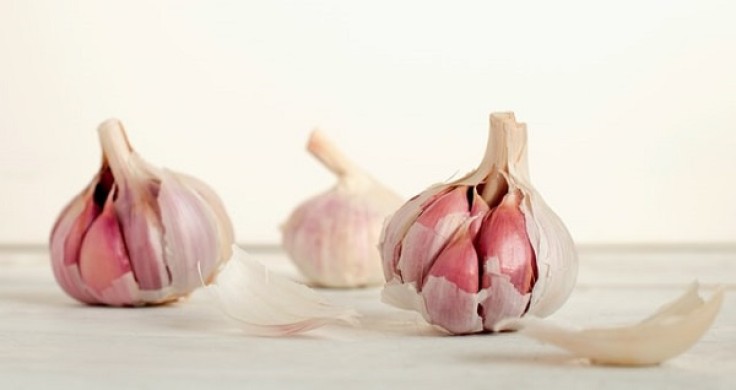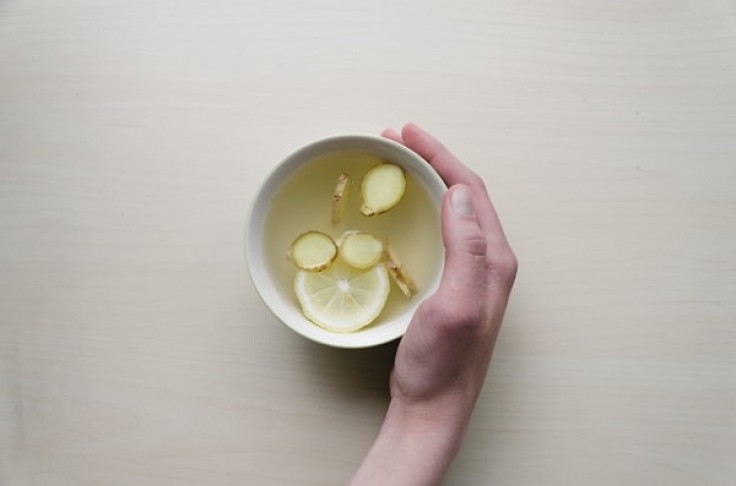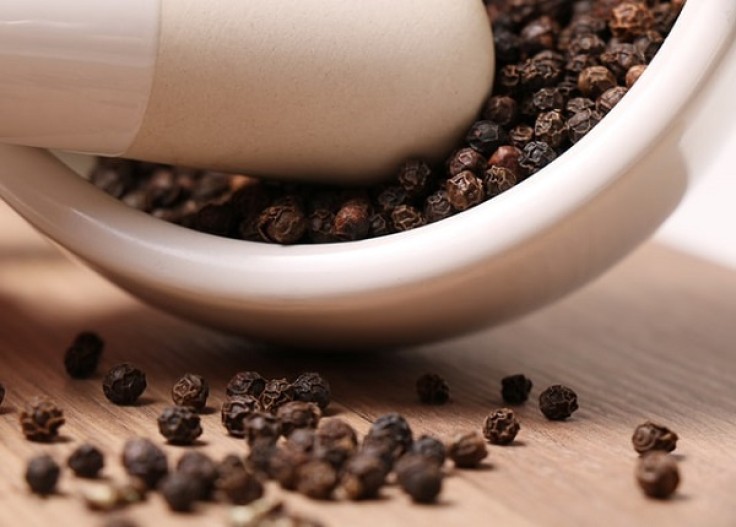Now that there is a global pandemic and the number of cases is still on the rise, people are looking into how they can prevent getting infected by the coronavirus.
Parents are doing their best to protect their kids from getting sick. However, it would also be too risky to buy any over the counter drugs and self-medicate.
So how can you boost you and your family's immunity without taking medicine and going out to buy in groceries? Now you can! Below is a list of medicinal herbs that can be easily found in your kitchen cupboard.
Garlic
Allicin is the active component of garlic that gives its antibacterial, antifungal, antiparasitic, and antiviral properties. Because of this, it is an essential first defense to fight flu or colds. This component is almost always found in every kitchen! However, to make it effective, garlic should be eaten raw since, according to a study by the Journal of Microbiology and Biotechnology, the antimicrobial activity of garlic decreases as it is heated.

Onion
Cry no more! Just like garlic, onions also have allicin, which gives its antimicrobial property. However, a study shows that garlic has higher antimicrobial activity than onions. Still, it would not hurt if you would also include onions in your cupboard just in case you run out of garlic, and as an added factor, onions taste sweeter than garlic.
Ginger
A research was done by the International Journal of Physiology, Pathophysiology, and Pharmacology revealed that ginger has antimicrobial, antioxidant, anti-inflammatory, and antitumor activity. Therefore, it is an excellent herb that helps fight off illnesses. Add ginger to your meals, or drink as a tea to help boost your immunity. Not only does ginger tea taste good, but its aroma also helps make you relax too.

Turmeric
Turmeric exhibits antibacterial, antidiarrheal, and antifungal properties due to the chemical compound curcumin, the substance that makes turmeric yellow-worried that your kids would not like the taste of turmeric? Just sprinkle them a little bit on your dark-colored viand (because it does make the sauce yellow), and your kids would not even see the difference.
Black Pepper
In the same study done with turmeric, black pepper also appears to have antibacterial, antidiarrheal, and antifungal properties. Studies also concluded that both turmeric and black pepper might be useful for the treatment of prostate cancer.

Oregano and Basil
Oregano and basil both contain the rosmarinic acid that is antibacterial; therefore, they could help prevent bacterial infection. However, the study showed that oregano has a more significant antibacterial effect than basil, so choose your herbs wisely!
Cinnamon
Cinnamaldehyde and eugenol are the active constituents of cinnamon that makes it an excellent antibacterial herb. So go ahead and enjoy your cup of coffee with the added cinnamon to add a boost to your immunity.

Green Tea
Green tea also has an antibacterial effect, thanks to its polyphenol that is known as catechins, that damage bacterial cell membranes. So make it a habit to drink your tea because it could also help burn belly fat, due to its caffeine content.